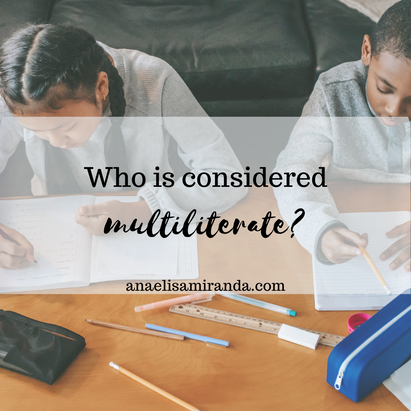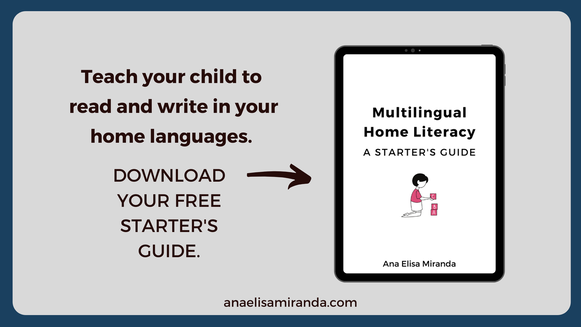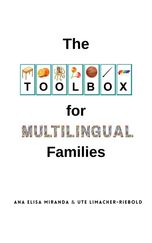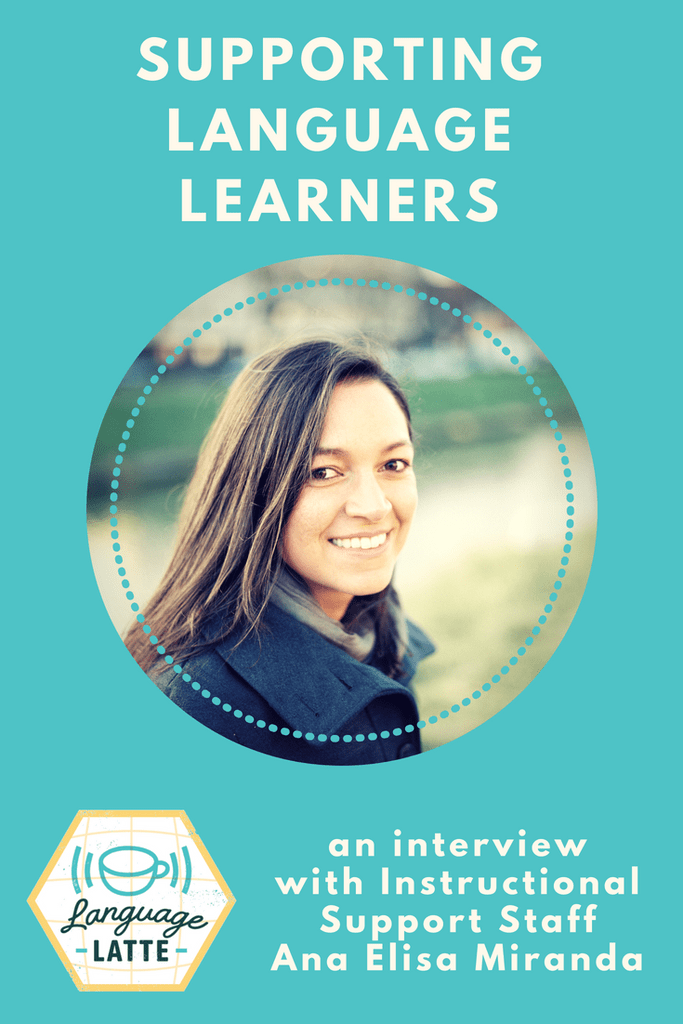Languages are fluid, lively things. Your skills might change according to how much you speak, listen, read or write in a particular language. Multilinguals are rarely equally proficient in all their languages.
For example: my first language is Brazilian Portuguese. I then learned English, which I currently use the most - for work, relationships, leisure, studies. I often catch myself thinking in English. At this moment, I am highly proficient in all four skills (listening, speaking, reading and writing). I use Portuguese much less often, and can even notice a "lack of fluency": forgetting words, losing my natural regional accent.
On top of that I have learned some French, but it is quite inactive at the moment. I can read and listen with some comprehension, and my speaking and writing skills are quite basic. Then there's (Flemish) Dutch, which I understand, speak, read and write often, to get by where I live. I can communicate in social situations but I am unable to use it for academic, formal or professional settings.
If I were to switch jobs or move to a different country, this whole balance would shift.
Despite the varying levels of skill, I read and write in more than one language, so I am considered multiliterate.
In her book, Learning to read and write in the multilingual family, Xiao-lei Wang describes a "multilingual literacy competency continuum" and defines the key elements of what being multiliterate means:
- “actively using more than one language in reading and writing;
- with different proficiency levels;
- for a particular purpose.”
When it comes to our children and our goal of raising them multiliterate, it is important to reflect on the following:
- What can they already do in each of their languages?
- Why is it important that they learn to read and write in each language?
- What level of proficiency do we expect in each language?
- For what purpose will they read and write in (language)?
So, it is not really a question of “Will your multilingual children also be multiliterate?”
It is more a matter of where in the multilingual literacy competency continuum they will stand, in different moments in their lives.
***






